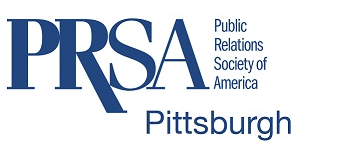Why I’m glad I went to a ‘grad school dark’ place
Grad school was always on my radar, but I never thought about the exact time I’d return to school. When I was still getting my bachelor’s, I made jokes about going back to school when I hit ‘grad school dark.’ See, I made that joke fully expecting to graduate and be successful.
As we all know, life always has other plans.
After spending almost a year in retail, I hit that dark place. More than a lack of guidance for my future, I realized I was losing my passion for my selected field of public relations. The longer I was away, the less I remembered why I chose it in the first place. Then the IMC program at WVU got involved.
As an active member of PRSSA and frequent PRSA Pittsburgh event attender, I was very aware of the Integrated Marketing Communications program offered online by West Virginia University. In fact, I always assumed I would select it because of the convenience and high honors it’s received.
I signed up for an online chat to learn more and within a week I had gathered all the materials and applied. I’ve heard nightmares about the application process for grad school, but I found the process relatively painless. WVU understands where its students are coming from and tries to make it as simple as possible and waives testing with a high enough GPA.
When I found out I was accepted, I was beyond excited for the next step in my life. But also incredibly terrified.
Yes, it was quite the adjustment learning to do school online, but the community created was amazing. More than just the conversations you have within the class discussion board, most of the students rally together on Facebook and form the relationships necessary to succeed.
I was sure online school would mean two years of working alone, but it was meeting other professionals and learning from them as well. It was incredible.
Over 20 months, I took 11 different classes, ranging from social media to analytics to crisis communication. And that is just the tip of the iceberg with the class offerings. You can select classes that support your current career path or try to learn something completely different and expand your knowledge.
My time at WVU also presented the biggest academic challenge I’ve faced. The final course is a capstone designed to test everything you’ve learned in the previous 10 courses. For nine weeks, you have to essentially function as an agency and create a complete campaign with real executions for a client. To say it’s demanding is an understatement.
It’s also incredibly rewarding.
As much as I was pushed, I realized I was equipped with everything I needed to succeed in my campaign. Yes, the work was hard, but I knew what I was doing. And sure, there was a little bit of ‘fake it till you make it,’ but there was very little to fake.
Whether you know you want to grad school or you’re on the fence, make the right choice and consider WVU. The schedule is tailored for you. If you want to take summers off, great. If you want to take one class a term, excellent. If you want to speed through and get everything done in just more than a year and a half, do it. The IMC Program at WVU wants you to succeed in whatever way works for you.
What are you waiting for? If you want more information, visit www.imc.wvu.edu, and definitely check out the open house at BRUNNER Thursday, April 28, from 6 to 8 p.m. I mean really, what have you got to lose?
Chelsea N. Cummins is the fixed operations marketing coordinator for Hunter Truck Sales and Director of Communications for PRSA Pittsburgh. Her passions in life include Jesus, her nieces, Twitter rants and blogging about all her ill-advised decisions. And obviously the field of public relations. Please be her friend: Facebook | Twitter | Instagram | LinkedIn







